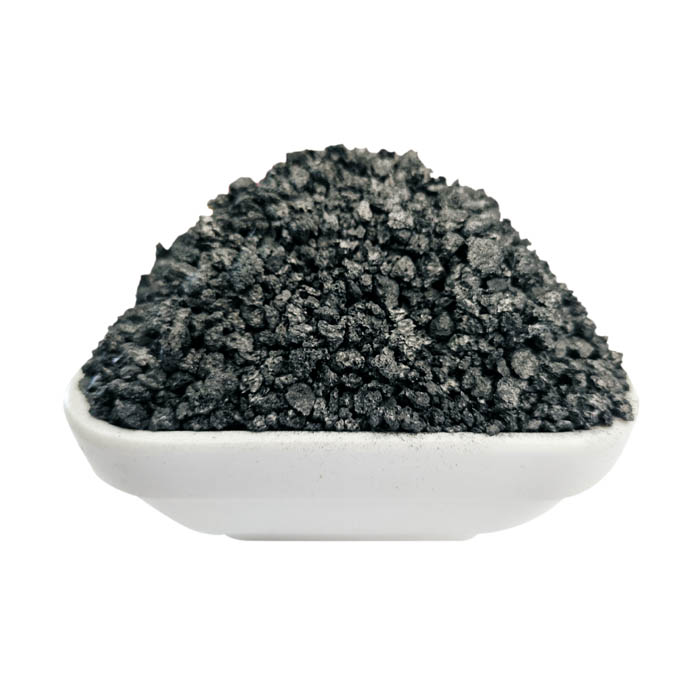Out . 18, 2024 18:27 Back to list
Effective Insulation Solutions for Air Conditioning Pipes to Enhance Energy Efficiency
High-Quality Insulation Material for Air Conditioning Pipes
In today's world, air conditioning systems have become a fundamental component of comfortable living, especially in regions experiencing extreme temperatures. However, ensuring that these systems operate efficiently and effectively is where the role of high-quality insulation materials comes into play. Insulation for air conditioning pipes is essential not only for energy efficiency but also for the longevity of the HVAC system. This article will explore the types of insulation materials available, their benefits, and factors to consider when selecting high-quality insulation for air conditioning pipes.
The Importance of Insulation
Insulation for air conditioning pipes serves multiple purposes. The primary function is to prevent energy loss. When air conditioning pipes are exposed to heat from the surrounding environment, the temperature of the refrigerant can rise, leading to increased energy consumption as the system works harder to maintain desired indoor temperatures. High-quality insulation minimizes this heat transfer, leading to improved efficiency and reduced energy bills.
Additionally, proper insulation reduces condensation build-up on cold pipes, which can lead to water damage and mold growth. Insulated pipes maintain a consistent temperature, thereby preventing the formation of moisture that can precipitate various structural issues in buildings.
Types of Insulation Materials
Several insulation materials are suitable for air conditioning pipes, and each comes with its pros and cons. The most commonly used materials include
1. Fiberglass Insulation This material is widely recognized for its thermal performance and is often used in both residential and commercial applications. Fiberglass insulation is fire-resistant and has a high R-value, which indicates its effectiveness in resisting heat flow. However, it can be more difficult to install than other materials and may require additional protective coverings to resist moisture.
2. Foam Insulation Rigid foam boards or flexible foam pipe insulation are popular choices due to their excellent thermal resistance and lightweight nature. Foam insulation provides a continuous barrier against heat transfer and is less prone to moisture absorption, which makes it ideal for preventing condensation.
3. Elastomeric Foam Insulation This type of insulation is known for its flexibility and ability to fit snugly around pipes. It offers high resistance to moisture and performs well in both hot and cold applications, making it suitable for a wide range of HVAC systems. Elastomeric insulation is also easy to install and requires no additional vapor barrier, which simplifies the installation process.
high quality insulation material for air conditioning pipe

4. Mineral Wool (Rock Wool) This insulation material is essentially made from processed stone and has excellent fire-resistant properties. Mineral wool can handle extreme temperatures and provides some sound-dampening qualities as well. However, it may not be as efficient as foam or fiberglass for thermal insulation.
Choosing the Right Insulation
When selecting insulation material for air conditioning pipes, several factors should be considered
- R-value Look for materials with a high R-value to ensure warm or cold air does not escape from the pipes. The higher the R-value, the more effective the insulation.
- Moisture Resistance Consider the environment where the insulation will be installed. In humid areas, moisture-resistant insulation is essential to prevent condensation and mold growth.
- Ease of Installation Choose materials that are easy to handle and install. Some insulation types may require additional tools or expertise, which can increase labor costs.
- Fire Safety Depending on your region’s building codes, fire-resistant materials may be a requirement. Ensure that the chosen insulation complies with local regulations.
- Cost While high-quality insulation may come with a higher upfront cost, consider the long-term savings in energy efficiency and the potential reduction in HVAC repairs.
Conclusion
In conclusion, high-quality insulation material for air conditioning pipes is crucial for optimizing energy efficiency, preventing condensation, and ensuring the longevity of HVAC systems. By understanding the different types of insulation available and considering factors such as R-value, moisture resistance, and installation ease, homeowners and building managers can make informed choices that contribute to lower energy bills and enhanced indoor comfort. Investing in the right insulation will pay off in the long run, making it an integral component in the design and maintenance of air conditioning systems.
-
High-Quality Fe-C Alloy Leading Manufacturers & Spherical Alloy Materials Supplier
NewsJun.10,2025
-
Premium Low Nitrogen Recarburiser Supplier & Manufacturer – High Quality Exporters
NewsJun.10,2025
-
DT4 High-Quality Magnetic Materials Leading DT4 Manufacturer & Supplier
NewsJun.10,2025
-
High-Performance Spring Steel Suppliers Custom Solutions
NewsJun.10,2025
-
Premium SWRCH6A Manufacturer Steel Wire Supplier & Factory
NewsJun.10,2025
-
Premium Mild Steel Wire Rod Supplier & Manufacturer
NewsJun.10,2025
